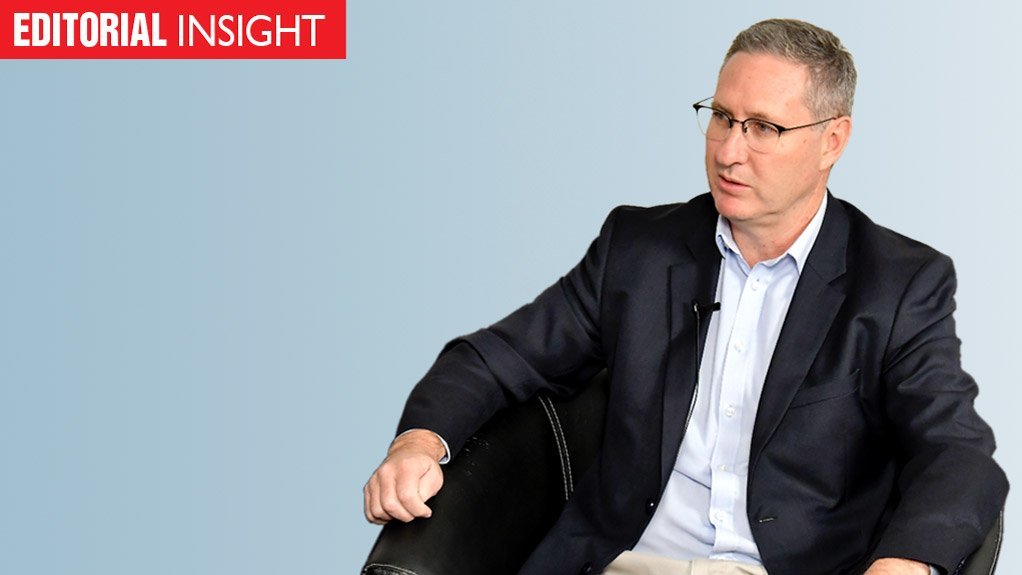The decision to again uncouple the energy portfolio from mineral resources and appoint Dr Kgosientsho Ramokgopa as the new Electricity and Energy Minister in the government of national unity has been widely welcomed.
The move follows a sustained period of supply stability following two years of extreme loadshedding, which led President Cyril Ramaphosa to appoint Ramokgopa as a dedicated Minister in the Presidency Responsible for Electricity during the previous administration to provide political oversight for the implementation of the Energy Action Plan.
The vigour and visibility Ramokgopa brought to the role has been widely praised and has arguably also been rewarded in his new appointment to a portfolio that has been de-merged from that of Mineral and Petroleum Resources, which will be led by outspoken fossil-fuel champion Gwede Mantashe.
Herein also lies the first risk.
Coal and liquid fuels remain large features of South Africa’s current energy landscape and gas is expected to play a larger role in supporting variable renewable energy generators in future.
There will have to be policy coherence and careful coordination in defining the role that these energy sources will play as the country transitions to an energy system that is both increasingly electrified, including in transport and industrial processes, and decarbonised. If not, South Africa’s industrial and export competitiveness will be threatened and there is also a genuine stranded-asset risk.
This could be mitigated if Ramokgopa finally grasps the nettle and oversees the crafting of a technically sound, transition aligned, properly consulted and frequently updated Integrated Energy Plan (IEP). While none of South Africa’s previous Energy Ministers has been able to provide such an overarching vision, having an IEP is becoming increasingly urgent to ensure that the country does not veer off in a direction of high regret.
Another potential risk is the strong association Ramokgopa has built with Eskom. While this was necessary given the urgency to fix the failing State-owned company operationally and financially to ensure greater supply security, it is not really appropriate in his new role.
As policymaker, there is a need for some critical distance between the Minister and Eskom, or the tail of its corporate ambitions could end up wagging the policy dog.
This risk has increased with the closure of the Public Enterprises Ministry ahead of the new holding company for State-owned companies being established. Although Ramaphosa said coordination of public enterprises would be “located in the Presidency during the process of implementing a new shareholder model”, it appears that reporting lines will not necessarily follow suit.
A third area of risk relates to shepherding the electricity supply industry through what is really a once-in-a-century disruption.
While much has been done to begin aligning the legislative architecture and Eskom’s corporate structure to the changes, the same cannot be said for the regulator nor the fragmented distribution sector, with many local governments no longer up to the task that they have a Constitutional right and mandate to fulfil.
EMAIL THIS ARTICLE SAVE THIS ARTICLE ARTICLE ENQUIRY
To subscribe email subscriptions@creamermedia.co.za or click here
To advertise email advertising@creamermedia.co.za or click here











